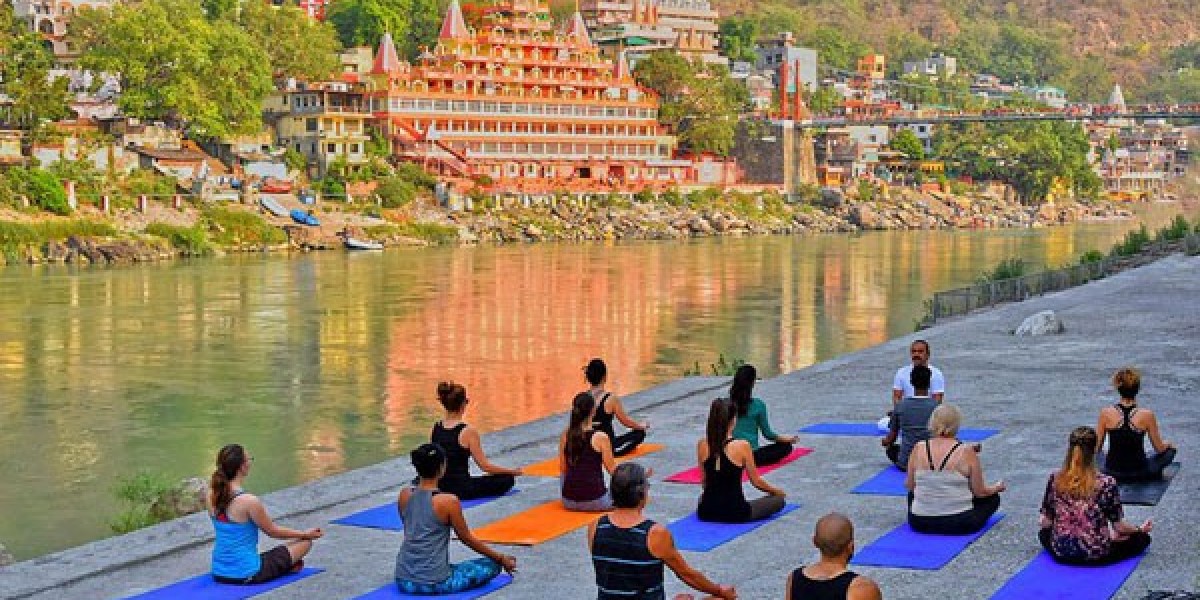Embarking on a weight loss retreat can be an exciting and life-changing experience. Unlike regular vacations, these retreats are designed to help you focus on your health by combining structured fitness activities, balanced nutrition, stress management, and mindful living. Whether you’re aiming to jumpstart your weight loss journey, break unhealthy habits, or simply rejuvenate your body and mind, preparation is key to ensuring you get the most out of your retreat.
This guide will walk you through practical steps on how to prepare for your first weight loss retreat, so you arrive with confidence and set yourself up for success.
1. Understand What a Weight Loss Retreat Offers
Before packing your bags, it’s essential to know what to expect. Weight loss retreats typically offer:
Fitness Programs: These may include yoga, pilates, hiking, cardio sessions, strength training, or even outdoor activities.
Nutritional Guidance: Expect meals designed by dietitians, often plant-forward, low in processed foods, and portion-controlled.
Wellness Activities: Meditation, mindfulness practices, spa treatments, or workshops on stress management.
Education: Seminars on healthy living, cooking classes, or lectures on maintaining results at home.
Researching the retreat’s offerings helps you mentally prepare for the activities and adjust expectations.
2. Set Clear and Realistic Goals
Weight loss retreats are not a magic fix. They are a kick-start toward sustainable habits. Before you go, ask yourself:
Do I want to lose a specific amount of weight?
Am I looking to improve my fitness level?
Do I want to learn healthier eating habits?
Is stress reduction or emotional healing a priority?
Write down your goals. Having clarity will help you stay motivated during intense workouts or when adjusting to new eating patterns. Keep in mind that sustainable results come from long-term lifestyle changes, not just a week away.
3. Start Conditioning Your Body in Advance
If you’ve been sedentary, suddenly jumping into a structured fitness program can feel overwhelming. A few weeks before your retreat:
Incorporate light exercise: Start walking daily, stretching, or doing beginner-level workouts.
Practice yoga or meditation: This prepares your body and mind for the mindfulness activities often included.
Hydrate well: Increase your water intake so your body adjusts before the retreat.
Cut down on processed foods: Reducing sugar, alcohol, and junk food beforehand makes the retreat’s meals easier to adapt to.
Arriving prepared physically ensures you can participate fully without unnecessary strain.
4. Pack Smart and Purposefully
Packing for a weight loss retreat requires a slightly different approach than a regular holiday. Essentials may include:
Activewear: Comfortable workout clothes, moisture-wicking fabrics, and supportive footwear.
Swimwear: In case the retreat offers pool exercises or spa facilities.
Personal gear: Yoga mat, reusable water bottle, or fitness tracker if allowed.
Comfortable clothing: For downtime and relaxation activities.
Health essentials: Prescribed medications, supplements, and personal hygiene products.
Avoid overpacking; most retreats encourage a minimalist lifestyle. Bringing the right items helps you stay focused without distractions.
5. Prepare Your Mindset
Weight loss retreats can be physically and emotionally challenging. You may face early morning workouts, unfamiliar foods, or moments of self-doubt. To prepare mentally:
Keep an open mind: Embrace new foods, workouts, and approaches.
Practice self-compassion: Understand that progress, not perfection, is the goal.
Limit distractions: Inform friends and family that you’ll be less available to reduce digital interruptions.
Visualize success: Imagine how you’ll feel after completing the retreat—energized, lighter, and motivated.
Going in with a positive mindset ensures you enjoy the process instead of focusing only on results.
6. Take Care of Logistics in Advance
To make your retreat stress-free, handle practical details ahead of time:
Travel arrangements: Book flights or transportation early to avoid last-minute hassles.
Medical clearance: If you have pre-existing conditions, consult your doctor before attending.
Communicate dietary needs: Let the retreat staff know about allergies or restrictions in advance.
Budget planning: Retreats may include add-on services like spa treatments or excursions. Be financially prepared.
Handling these logistics ensures you can fully focus on the retreat experience once you arrive.
7. Ease Into the Retreat Schedule
Most retreats run on structured routines—early mornings, multiple workouts, and set meal times. To avoid feeling overwhelmed:
Adjust your sleep schedule: Start going to bed earlier a week before departure.
Practice eating on time: Follow a meal schedule instead of snacking randomly.
Limit caffeine and alcohol: Retreats often restrict these, so it’s easier if you reduce intake beforehand.
This gradual adjustment makes the transition smoother and less shocking to your system.
8. Bring a Journal
Keeping a journal during your retreat can be incredibly rewarding. Use it to:
Record your daily progress.
Reflect on challenges and breakthroughs.
Write down nutrition and fitness tips you want to continue at home.
Capture your emotions and mindset shifts.
This habit helps extend the benefits of the retreat long after it’s over.
9. Build a Support System
Even though retreats provide professional guidance, having a personal support system boosts accountability. Tell a close friend or family member about your goals. Some people even attend retreats with a partner or friend for added motivation. Afterward, sharing your progress with them helps you stick to the new lifestyle.
10. Plan for Life After the Retreat
One of the most important parts of preparation is considering how you’ll maintain results when you return home. Many participants feel motivated during the retreat but struggle afterward. To avoid this:
Create a post-retreat routine: Plan weekly workouts and meal prep.
Stay connected: Join online groups or keep in touch with fellow participants.
Celebrate small wins: Reward yourself for consistency, not just the final goal.
Keep learning: Take cooking classes, read about nutrition, or explore local fitness options.
Remember, the retreat is a starting point, not the final destination.









